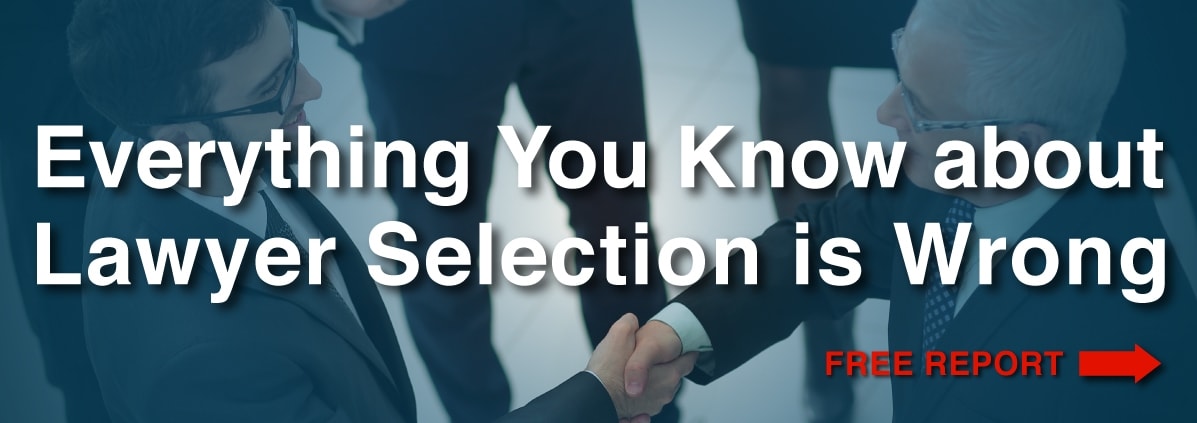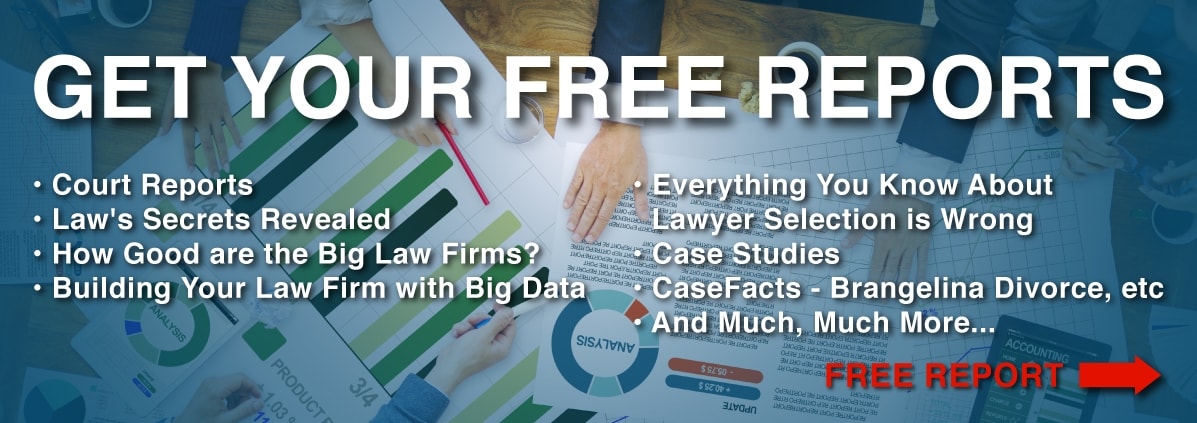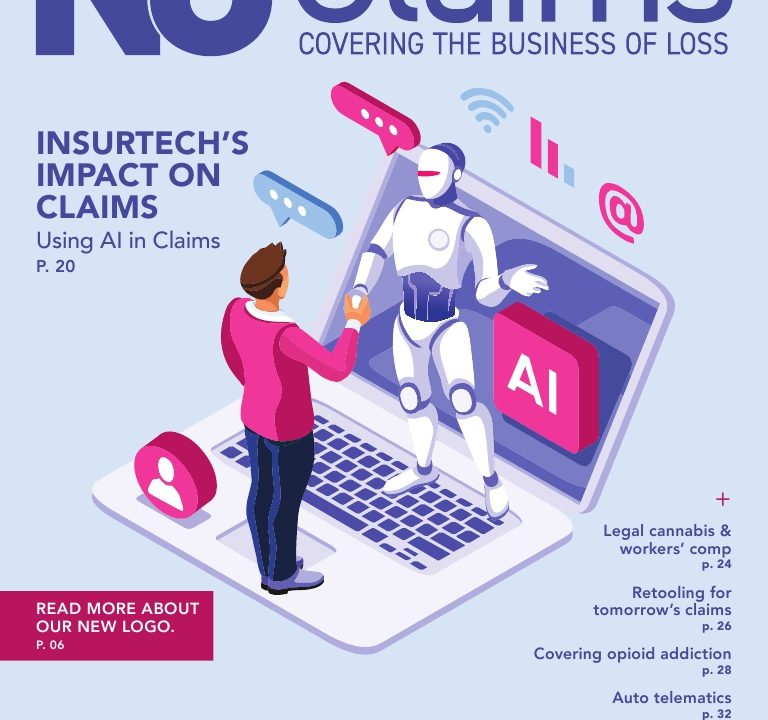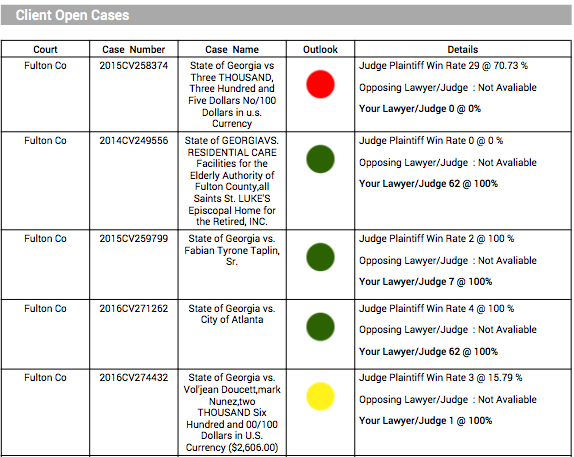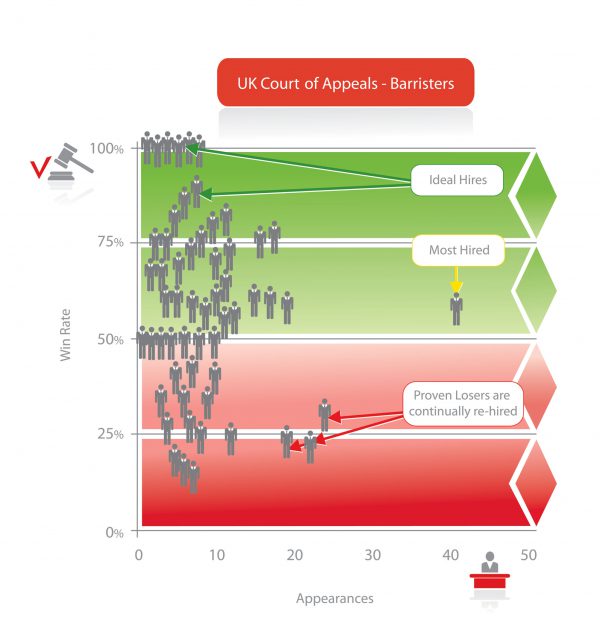How Law Firms Evaluate Technology? A Conversation with Reed Smith’s Director of Practice Support, Bryon Bratcher
How Law Firms Evaluate Technology? A Conversation with Reed Smith’s Director of Practice Support, Bryon Bratcher
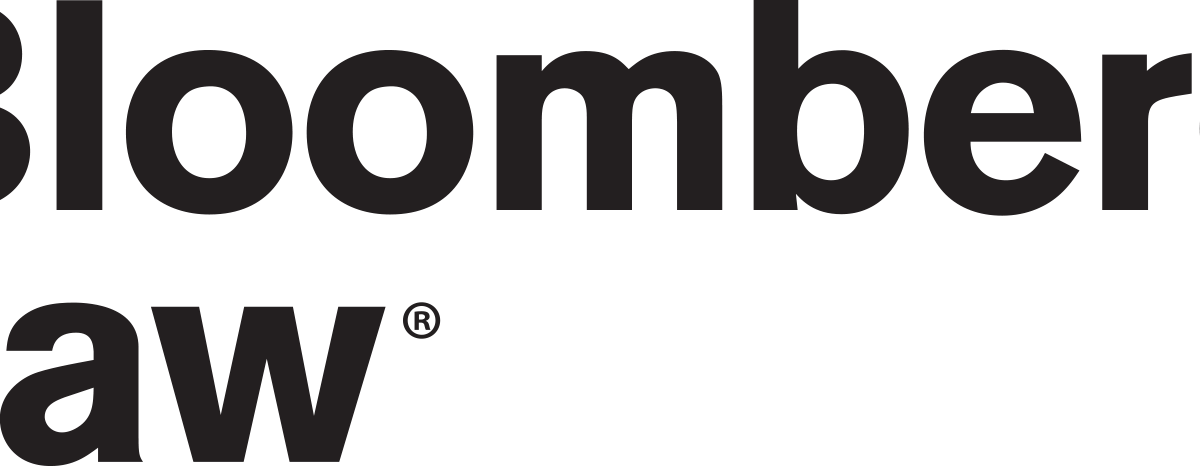

Last month, the night before the Legaltech Show in New York, I got together for drinks in a midtown bar with Bryon Bratcher, Director of Practice Support at Reed Smith. Bryon has spent the last fifteen years working on the tech side of Am Law 200 firms, first specializing in litigation technology. I met Bryon last year at Relativity Fest in Chicago, where he was receiving an award for Best Law Firm or Corporate Solution.
Now, if your only source of news about legal technology and disruption is the tech companies themselves, you might conclude that robots have now replaced junior associates and that machine learning and analytics is now forcing partners to adapt quickly or get left behind.
It sounds nice.
That is why I make it my business to talk with folks like Bryon, the very people who are evaluating new technology for their firms. Starting March 15th, Bryon and I will share our thoughts about the Legaltech Show and the trends that the both of us are following during the course of 2017. The ReplyAll conversation, which is sponsored by kCura, developers of the eDiscovery platform Relativity, is not a live-chat that takes place during a set period of time, but a real life conversation that will develop organically over the course of the day.
Hey Bryon,I’ve been looking forward to catching up with you. We got a chance to speak before the Legaltech Show this year in NYC, but we’ve purposely not touched base since, because we were planning to do it more publicly. So tell me, as someone on the law firm side, what stood out to you at this year’s conference? What trends are you following most closely?
Hi Zach.The biggest thing that stood out to me at LegalTech was the lack of anything game changing in E-Discovery. I certainly continued to see the vendor market consolidate and mature towards greater efficiency and large software providers work to become more flashy (more visualization, machine learning workflow simplification, etc.). These are all things that have been going on for awhile now.
Our group at Reed Smith is responsible for providing innovative legal solutions to clients (both litigation and transactional) so I have great interest in technology tools & trends that are going to allow us to provide a more flexible offering and allow us to service more points on the legal technology spectrum. This includes business monitoring and metrics.
To that end, I was very impressed with a few technology solutions that can connect information across our current suite of products and provide functionality in the transactional/due diligence space.
The thumbs up/down test is whether the technology will make us a better (as a business and a solution for clients).That could be in the form of improving efficiency of a current process or an entirely new utility that would differentiate us in a new direction.
If it passes the thumbs up/down test, then we dig into:
· Granular functionality of the underlying technology & infrastructure
· Ease of use
· Security
· Customization capability
· Connectivity with current technology suite
· Company pedigree/expertise
· Financial stability
· Pricing model & ROI
This is all coupled with a proof of concept.
It can be a long process, but it’s important to make sure we find the right technology fit for the business.
Again, a LOT to unpack here, so well played Bratcher ;-)You mention technology that “differentiates” you from other firms. Is it your experience that technology has now become a part of the conversations between law firm partners and general counsels? Are firms highlighting technology when they pitch for new business? And if so, is that new or has that always been the case?
Good question.Technology has historically been an afterthought in a legal pitch except in a few instances. Over the last decade (plus or minus a few years) it’s become an essential part of the conversation between law firm partners and general counsel. In fact, it’s expected by clients.
No longer does the pitch meeting consist of a GC and partner. Clients typically will have technology and other legal operations team members attend as well. Not only do clients dig into the legal expertise, but what mechanisms are in place to ensure operational efficiency. The best balance of quality and value.
Technology has to be leveraged to meet this new mandate.
Primarily the 2007 financial crisis which gave rise to the more for less mandate by clients. GC’s were tasked (even more than before) with greatly lowering their legal spend and understood technology was one of (if not the best) leverage point when staffing a case.The general rise of technology in everything we do also is a big factor.
Some of the technical issues addressed involve better monitoring of case budgets in real time, streamlining a repeatable process, using AI to connect the legal dots faster – ultimately working to make things easier and less expensive across litigation and transactional matters.
How is this affecting the tech departments at the big firms? Are law firms hiring more engineers and folks on the IT side and, if not, how are firms developing expertise in tech?
The smart ones are. Technology done right can save significant amounts of legal spend and lower risk for clients – and they’re willing to pay for the right solutions. It’s not just a “cost of doing business” operation. It can be the difference in winning business over competitors.Many big firms are adopting technology and it’s been a positive investment for them – although it still needs to be done right to have success. Firms that are not paying attention to this (no matter how historically prestigious) are going to be in trouble in the near future.
One of the great things about Reed Smith is its a firm that fosters innovation in technology and values the critical role it plays in delivering a complete package of legal services.
My last few hires all have tech operations or development/coding chops. It’s become a critical part of our business. Our team can come up with ideas and our development wizards make them tangible solutions for clients. Makes it fun.
ThreadKM and Premonition. I’ve been following them both for a bit, but the latest functionality built into the respective tools has caught my eye.There’s one other that I’m really excited about in the transactional law space, but can’t disclose just yet as we’re in a development partnership.
Nice radio tease!Bryon, it’s always fun to catch up, thanks for joining and thanks so much for your thoughtful answers.
P. S. I knew the guys from Premonition before they were famous.
Always great talking to you, Zach.This was fun. Thanks again.
Source: Bloomberg Law

 Zach Abramowitz
Zach Abramowitz
